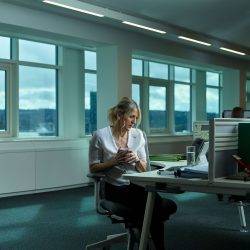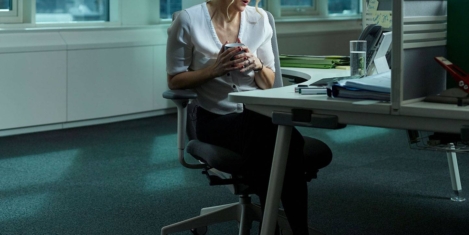April 17, 2018
Majority of staff say employers must do more to support their physical and mental wellbeing
 More than half of working adults believe that UK businesses are not doing enough to support the physical and mental wellbeing of their employees. The vast majority (86 percent) believe that firms are specifically not doing enough to help employees deal with work-related stress, anxiety and other mental health issues. And with seven out of 10 of those surveyed by Westfield Health saying that the NHS does not have the budget to provide wellbeing services, such as health check-ups and cognitive behavioural therapy, almost three quarters agreed it would be a good idea for a portion of their National Insurance contributions to be redirected towards employee wellbeing programmes. (more…)
More than half of working adults believe that UK businesses are not doing enough to support the physical and mental wellbeing of their employees. The vast majority (86 percent) believe that firms are specifically not doing enough to help employees deal with work-related stress, anxiety and other mental health issues. And with seven out of 10 of those surveyed by Westfield Health saying that the NHS does not have the budget to provide wellbeing services, such as health check-ups and cognitive behavioural therapy, almost three quarters agreed it would be a good idea for a portion of their National Insurance contributions to be redirected towards employee wellbeing programmes. (more…)



















 Following the deadline for organisations to publish their gender pay this week, it came as little surprise to find that almost
Following the deadline for organisations to publish their gender pay this week, it came as little surprise to find that almost 
















April 9, 2018
How the UK car industry is driving the future of workplace design
by Paul Dunn • Comment, Workplace design
(more…)